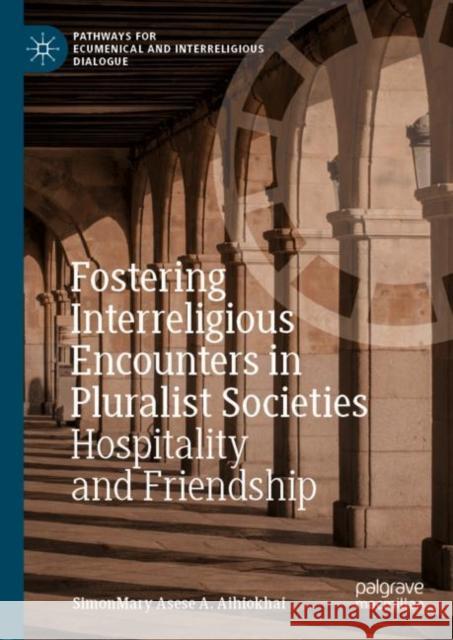Fostering Interreligious Encounters in Pluralist Societies: Hospitality and Friendship » książka
topmenu
Fostering Interreligious Encounters in Pluralist Societies: Hospitality and Friendship
ISBN-13: 9783030178048 / Angielski / Twarda / 2019 / 239 str.
Kategorie:
Kategorie BISAC:
Wydawca:
Palgrave MacMillan
Seria wydawnicza:
Język:
Angielski
ISBN-13:
9783030178048
Rok wydania:
2019
Wydanie:
2019
Ilość stron:
239
Waga:
0.45 kg
Wymiary:
21.01 x 14.81 x 1.6
Oprawa:
Twarda
Wolumenów:
01
Dodatkowe informacje:
Wydanie ilustrowane











